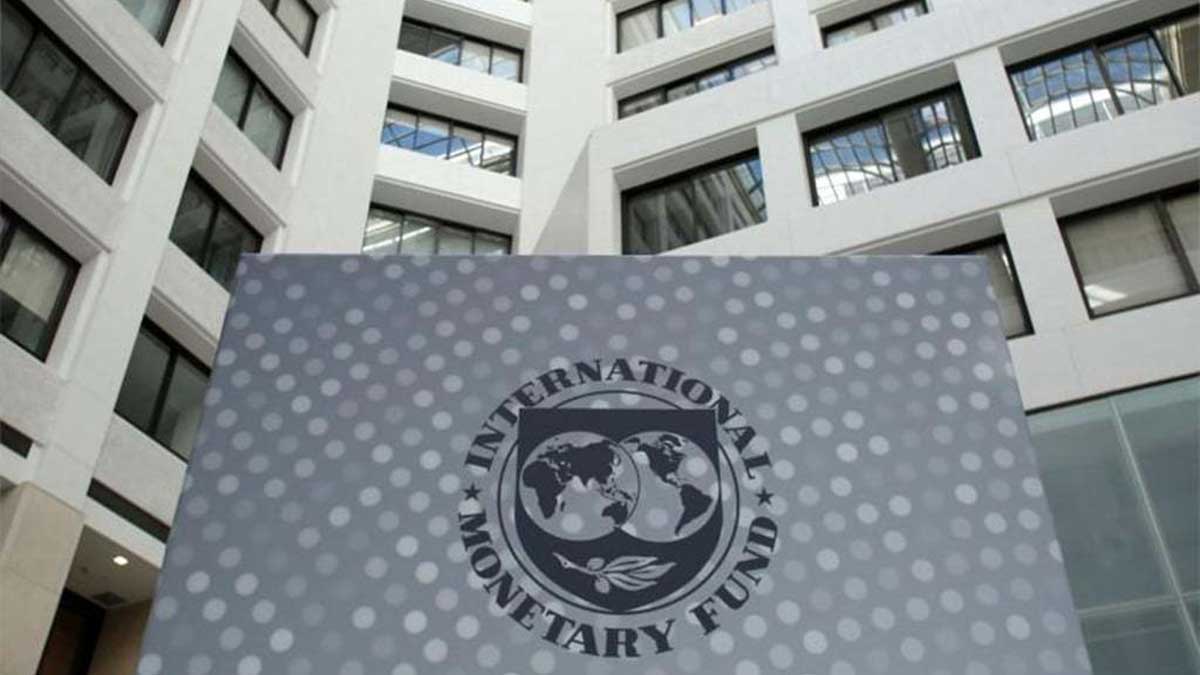The federal government has decided to cut back the size and scope of the Kamyab Pakistan Programme (KPP) considering the objections raised by the IMF over the perimeter of guarantees for doling out a small loans’ scheme under the programme.
According to the report, the IMF had asked the government to alleviate the launch of the KPP, but the government decided to move ahead by phasing out the loan programme. During the first phase, the KPP will be launched, only in Khyber Pakhtunkhwa (KP) and Balochistan, in the third week of September however this programme will be launched in January 2022 in Punjab and Sindh.
Read more: ‘Kamyab Pakistan Programme’ to be launched this month
“Pakistan and the IMF are scheduled to hold virtual talks for the sixth review from September 29, 2021, and then Finance Minister Shaukat Tarin will conclude policy level talks in Washington, DC, as he will be attending the annual spring meeting of Breton Wood Institutions (BWIs) such as the IMF and World Bank by the mid of next month,” official sources expressed while conversing with the media on Tuesday.
Moreover, IMF’s Resident Chief in Pakistan Teresa Daban Sanchez was investigated about the programme of future virtual talks, she responded that the IMF team remains involved with Pakistani colleagues on conducting technical and data discussions.
“We stand ready and are looking forward to our continued discussions with the Pakistani authorities on the set of policies and reforms that could form the basis for the completion of the 6th Review under the EFF. These discussions include identification of topics and work agenda among many other things,” she said.
Agriculturists and small enterprises play a vital role in upbringing the country’s economy as they support local communities because the workforce spends their earnings on goods and services at home. Whereas agriculturists are the main sources of the value chain for providing means of nourishment to the masses. These sectors are the key drivers of generating employment in the country.
Additionally, the construction industry is called the backbone of country’s economy and offers stimulus to a number of sectors. However, in spite of their vast importance, these entities are not provided with formal financing channels which restrict their potential to grow.





















